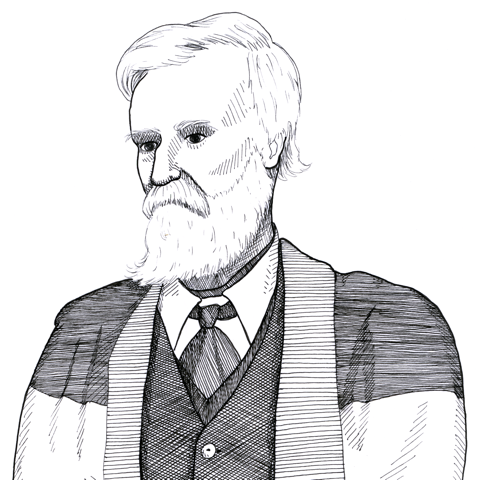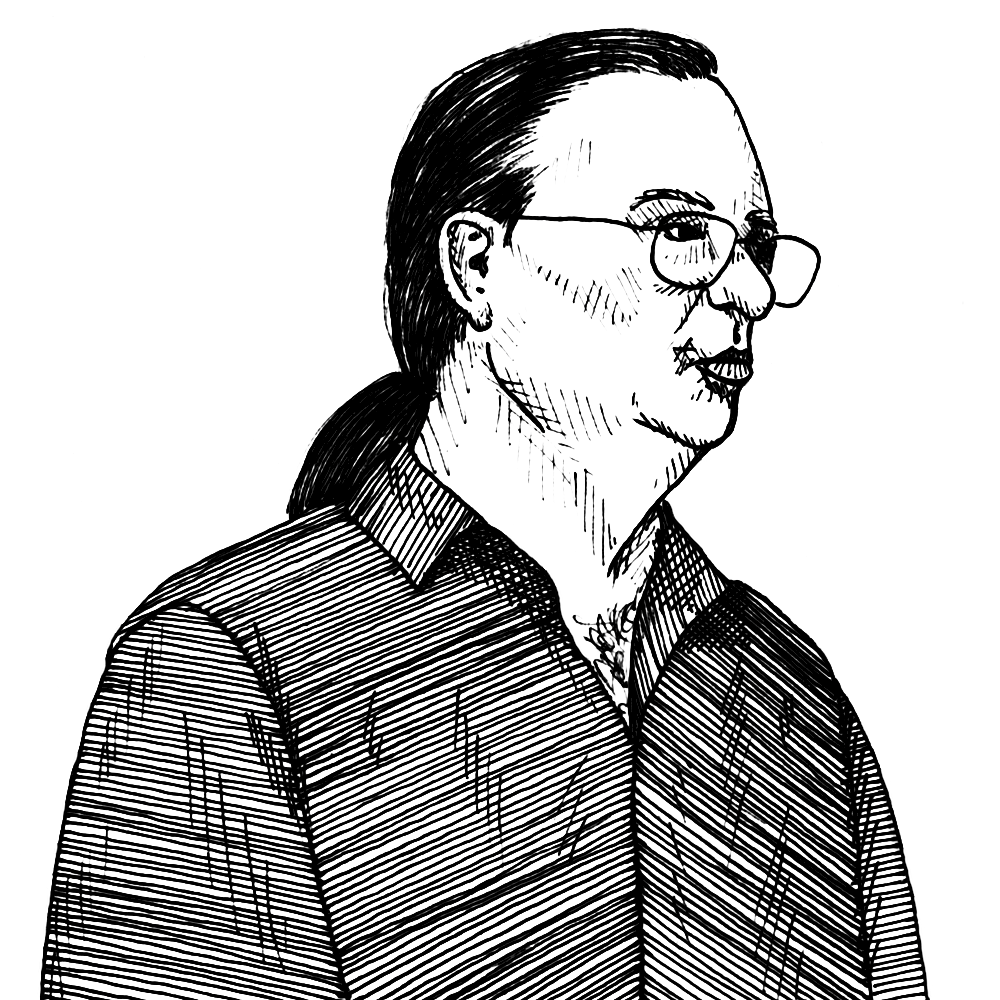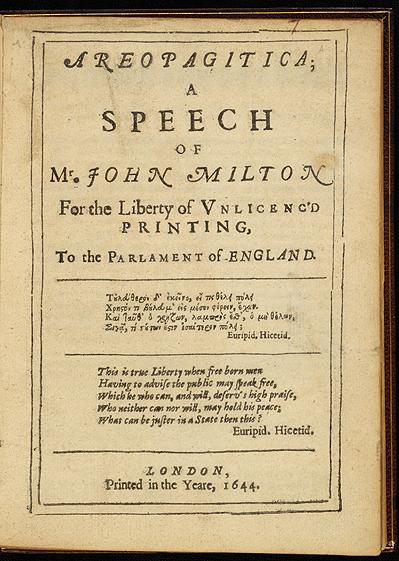Freedom of Speech
About this Collection
Debates over free speech are a near-constant feature of human history. They form a key part of the religion and politics of England in the 17th century. English subjects demanded the right to debate opinions freely in both speech and print, to assemble in order discuss these opinions, to engage in public debate, and to petition the king and parliament. The American colonies carried these issues over the ocean, with free speech becoming a key point in the 18th century struggle against the Crown.
Key People
Titles & Essays
Quotes
Freedom of Speech
Benjamin Constant and the Freedom of the Press (1815)
Freedom of Speech
Jefferson’s preference for “newspapers without government” over “government without newspapers” (1787)
Freedom of Speech
John Milton defends the right of freedom of the press and likens government censors to an “oligarchy” and a free press to a “flowery crop of knowledge” (1644)
Freedom of Speech
John Milton on the tyranny of government licensed printing (1644)
Freedom of Speech
John Milton opposed censorship for many reasons but one thought sticks in the mind, that “he who destroys a good book, kills reason itself” (1644)
Freedom of Speech
Shaftesbury on the True Test of Bravery
War & Peace
The Duke of Burgundy asks the Kings of France and England why “gentle peace” should not be allowed to return France to its former prosperity (1599)
Freedom of Speech
The Earl of Shaftesbury on the value of good conversations for questioning everything (1709)



Social Sciences